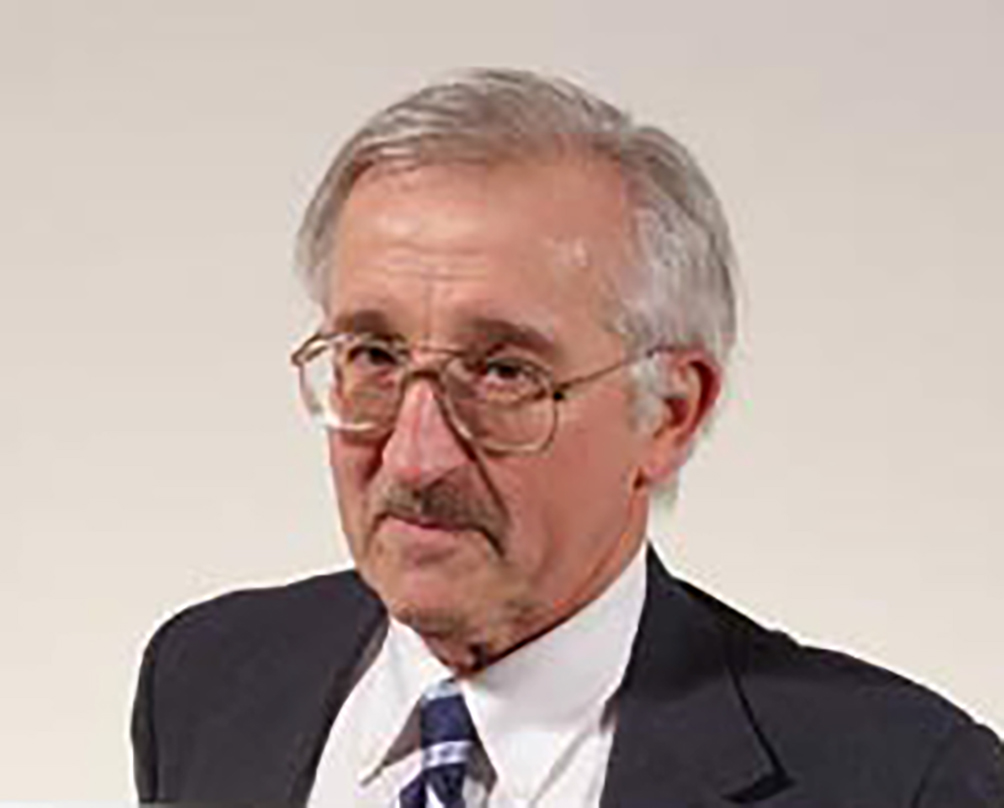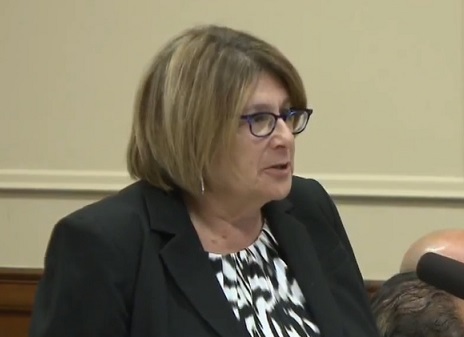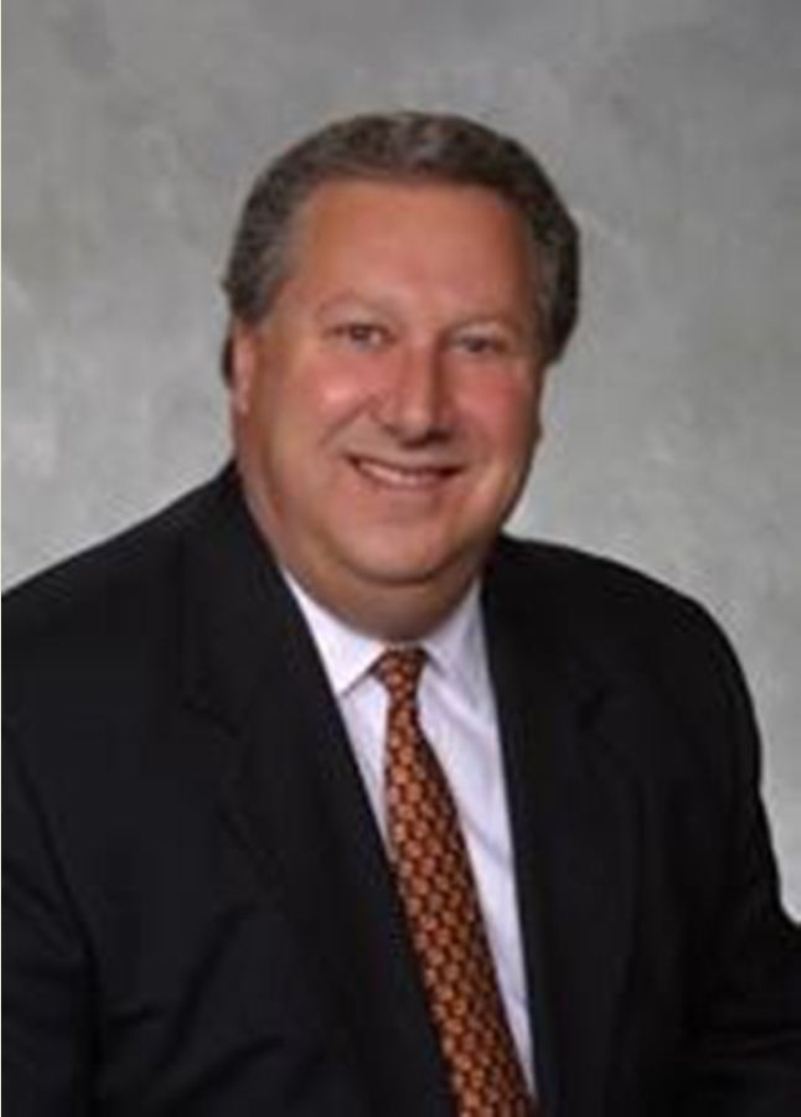Are prosecutors abusing the assigned counsel program?
by Frank Parlato
Artvoice has filed a Freedom of Information Law request with the Erie County Assigned Counsel Program to learn how often courts assign a free lawyer to someone in Erie County who has not been charged with a crime or checked for financial eligibility.
The Assigned Counsel Program is operated by the Erie County Bar Association Aid to Indigent Prisoners Society, Inc. and is funded by taxpayers.
Artvoice’s FOIL request seeks records of all assignments of counsel within the past five years to:
1. Persons who did not provide financial information.
2. Persons who were potential defendants who were not charged with a crime.
3. Persons who became witnesses for the prosecution.
The request for information is a follow-up to our story about prosecutors’ attempts to persuade David B. Pfaff, a potential target of an investigation, to fire his retained attorney and replace him with assigned counsel.

Pfaff’s retained attorney, Peter A. Reese, questions whether the New York State Attorney General’s office tried to replace him with an assigned counsel who might persuade Pfaff to act as a witness against G. Steven Pigeon, an attorney and political strategist, who was indicted in June.
“Aiding the prosecution in getting witnesses to ‘rat’ is not the purpose of the Assigned Counsel program,” Reese told Artvoice.
At the request of the Attorney General’s office on Sept. 4, 2015, Erie County Judge Michael F. Pietruszka appointed Mark A. Worrell – a lawyer approved with the Assigned Counsel Program – as Pfaff’s attorney without Pfaff’s consent.
Pfaff, rejecting the offer of assigned counsel, informed the judge that he preferred to continue to be represented by Reese.
Ignoring Pfaff’s letter, Judge Pietruszka advised Pfaff to appear at a hearing on the issue of assigned counsel. The judge copied the letter to the assigned counsel, Worrell, and the prosecutor for the New York State Attorney General’s Office, but did not copy Reese.
After Reese found out, he made a formal objection to the court; Judge Pietruszka canceled the hearing. Reese remained as counsel to Pfaff, who was not charged and is not expected to be called as a witness in the case against Pigeon.

Last week, in the courtroom of State Supreme Court Justice Donald F. Cerio, Jr., Pigeon’s lawyer, Paul J. Cambria, questioned the propriety of prosecutors working with the judge to arrange assigned counsel for Pfaff without checking financial eligibility and without his having been charged with a crime.
Assistant Attorney General Susan H. Sadinsky responded, saying, “this happens all the time.”
“If somebody is a target of an investigation, we would send out a target letter advising that person… saying, ‘if you can’t afford a lawyer, let us know, (prosecutors will) take you into (court) and we’ll have the judge appoint a lawyer for you,’” Sadinsky said.

Pfaff said he never received a target letter and was informed he was not a target of the investigation.
As a Senior Community Liaison for New York State Senator Marc C. Panepinto, Pfaff earned $45,000 annually, which is well above the income threshold normally used for eligibility for assigned counsel.
When asked why Pfaff was assigned counsel without being charged and or checked for financial eligibility, Erie County’s Chief Defender and Administrator for the Assigned Counsel Program, Robert Convissar, declined to answer other than telling Artvoice he was “confident” that assignment of counsel to Pfaff was “consistent” with “the United States Constitution, the decisions of the United States Supreme Court, the laws of the State of New York and the guidelines of the New York State Office of Indigent Legal Services.”

Both the US Supreme Court and the New York Court of Appeals have ruled indigent defendants in criminal cases are entitled to representation by appointed counsel after they are charged with a crime.
New York State County Law article 18-B requires each of New York’s 62 counties to form their own public defender system where defendants who cannot pay for the costs of representation and who, after being informed of their right to assigned counsel, request it, must be assigned counsel from the time of arrest.
However, New York does not have a unified system. Every county has the choice of adopting a public defender system, staffed with full-time salaried attorneys whose sole job is to defend eligible defendants accused of crimes, or an assigned counsel system, where private attorneys within the county sign up on a list and are assigned cases individually by judges within the county.
The assigned counsel lawyers are paid at the conclusion of a case.
Of 62 New York counties, 23 have full-time public defender’s offices, while 38 implement either assigned counsel or a mix of both.
In New York, the courts have the ultimate authority to determine financial eligibility and appoint counsel for a potential defendant – if the person requests assigned counsel.
The New York State Office of Indigent Legal Services recommends that counties “provide representation for every eligible person … when an individual has invoked a constitutional or statutory right to counsel in an investigatory stage of a case.”
The New York Bar Association recommends that “(P)ersons who learn that they are being investigated by law enforcement for their possible involvement in a crime should be screened for assigned counsel eligibility upon request, and an eligibility determination should be made immediately.”
In court last week, Sadinsky explained the process of how counsel was assigned to Pfaff:
“The FBI said to him, ‘Look, we’re trying to protect you, but we’ve got evidence here that you were involved in some (criminal) coordination…” Sadinsky said. “(Pfaff) mentioned that he had Mr. Reese as an attorney. Mr. Reese is not a criminal lawyer. (The FBI agent) suggested that
perhaps he needed to get a criminal attorney to help to represent him. Mr. Pfaff stated ‘I can’t afford (another) lawyer, I can’t pay for one…’
“So what happened was (at the prosecution’s request) Judge Pietruszka assigned an attorney to represent the interests of Mr. Pfaff, who was a potential target in an investigation.”
Cambria objected to Sadinsky’s theory: “Now the Attorney General’s office decides what lawyers can do and can’t do? They’re going to rate them… To try to tell somebody their lawyer can’t do a particular job?”
Sadinsky explained that, after telling Pfaff his lawyer, Reese, wasn’t qualified, the FBI also spoke with Reese, visiting him one morning at his home.
“These guys love to show up in your driveway unannounced first thing in the morning,” Reese said. “That tactic, in and of itself, is fantastically intimidating to 99.999% of people. I guess the government no longer has telephones which they can use to schedule their visits.”
But Sadinsky suggested the FBI was being helpful.
“The FBI spoke to… Mr. Reese… and told (him) that there was a possibility that he would have to give testimony against his client,” Sadinsky said, “… so the information that was provided to (Reese) should have been of concern to (Reese) in continuing to represent Mr. Pfaff, who had been told he was a target of a criminal investigation.”
Reese was, in fact, concerned, but not in the way Sadinsky meant.
Reese described the meeting: “FBI Special Agent Brian A. Burns showed me they had an email from me to Mr. Pfaff and based on that it meant I was a witness and couldn’t represent Mr. Pfaff.
“I told them they would have to make a motion because I was not about to be conflicted out without a hearing… I told him, ‘You know I have never tried a federal case in my life, but if you force me to become a federal criminal lawyer in my 72nd year, I think I am going to kick some ass. And I don’t do pleas. No matter how much you beg, I am not giving you a plea. And I’m not buying into your little game where you conflict out lawyers until you get someone incompetent to represent your target… If you want to conflict me out, then take it to court, and remember I come with TV cameras. If a judge conflicts me out, then I’ll hold a press conference.’”
Reese told Artvoice that the email shown to him by FBI Agent Burns which, purportedly, was to be used to conflict Reese out of representing Pfaff actually had nothing to do with Pfaff or the investigation, but was simply an email Reese forwarded to Pfaff on another, entirely unrelated matter.
At the meeting with the FBI, according to Reese, after he told Burns he didn’t plan to voluntarily stop representing Pfaff, Burns said, “You better talk to Judge Pietruszka about representing (Pfaff). You don’t want to get yourself in trouble. A court date has already been set up to meet with Judge Pietruszka to get (Pfaff) assigned counsel.”
In court last week, Cambria pressed the question of the propriety of this attempt to replace Reese, saying, “The Judge appoints a lawyer without ever having a hearing where they establish that, A: There was a conflict; B: Reese wasn’t his lawyer and couldn’t represent him… Pfaff told the court Reese was his lawyer (but The Attorney General is) saying that, ‘well, we can interrupt a lawyer-client relationship’… with no papers, just (the prosecution) and the judge (saying) that they have a conflict, so they need another lawyer?”
Convissar told Artvoice the ideal of the Assigned Counsel Program is “to protect individual citizens of Erie County against the possible tyranny of the State and to equalize the battle. Having an attorney sworn to zealously defend only the interests of their particular client is the greatest single safeguard against the awesome prosecutorial powers of the State.”
According to the Erie County Bar Association Aid to Indigent Prisoners Society, Inc. 2014 tax return, as posted on GuideStar.org, the not-for-profit corporation had a budget of $8.5 million, of which about $1 million was spent in salaries, including $112,000 for the administrator of the program, and another $7 million on “legal” payments to lawyers appointed as counsel for indigent (and maybe non-indigent) defendants (and maybe some potential defendants and witnesses) in Erie County.
Critics of assigned counsel programs say they are structured to incentivize assigned counsel attorneys to advise clients to take hasty plea deals as opposed to going to trial, since assigned counsel attorneys are paid when a case is completed.
Assigned Counsel pays attorneys $75 per hour for felony cases (compared to $200 – $500 per hour for a privately retained criminal attorney).
Critics also say that having a large caseload, and entering clients into the “plea mill,” where defendants are routinely advised to accept pleas – sometimes within minutes of meeting defendants, (“meet em and plead em” or “slaughterhouse justice”) drives the entire economics of the assigned counsel system, working hand in glove with prosecutors’ goals of high conviction rates.
And since prosecutors know it is more difficult for an assigned attorney to take a case to trial – since trials can take months or years and that they are not paid until the case is completed, prosecutors also know that assigned attorneys do not make money unless they plead clients out regularly.
This can give prosecutors an edge in plea bargaining, critics contend, since assigned attorneys must be careful not to challenge evidence, or fight prosecutors who then might refuse to work with them in the future.
One study revealed that appointed counsel pled their clients guilty more than twice as frequently as did privately retained counsel.
Which raises the questions sought in our FOIL request.
Is it routine for prosecutors to collaborate with judges to get assigned counsel for defendants who have not been charged, but only threatened with charges? Is there a pattern of assigned counsel working with prosecutors to quickly cut deals with the added condition of the defendant testifying as a witness against another target?
Or was Pfaff an isolated case?
We will keep readers informed of the results of our FOIL request of the Erie County Assigned Counsel Program.





















